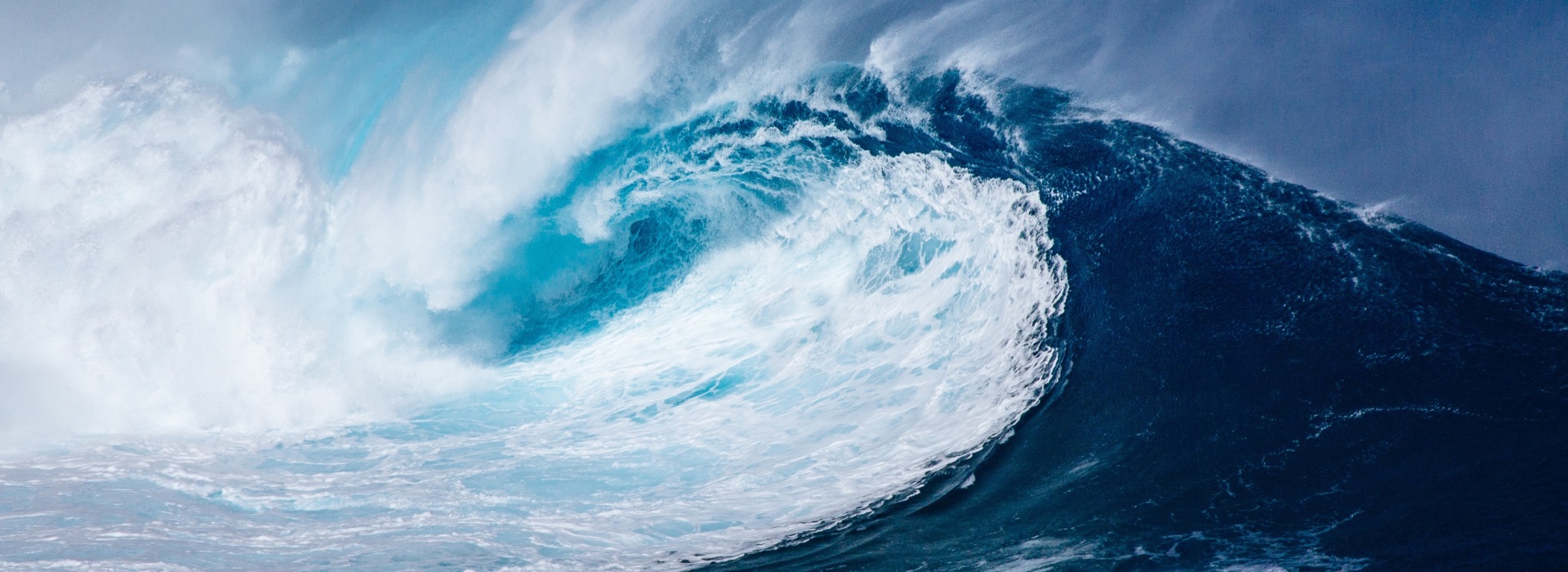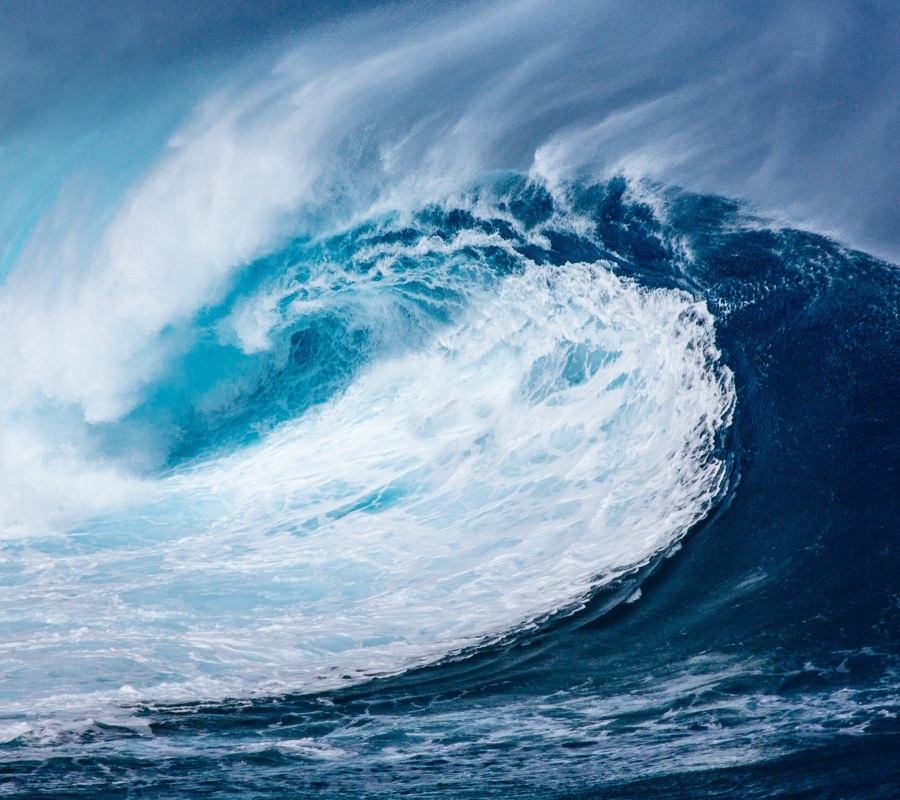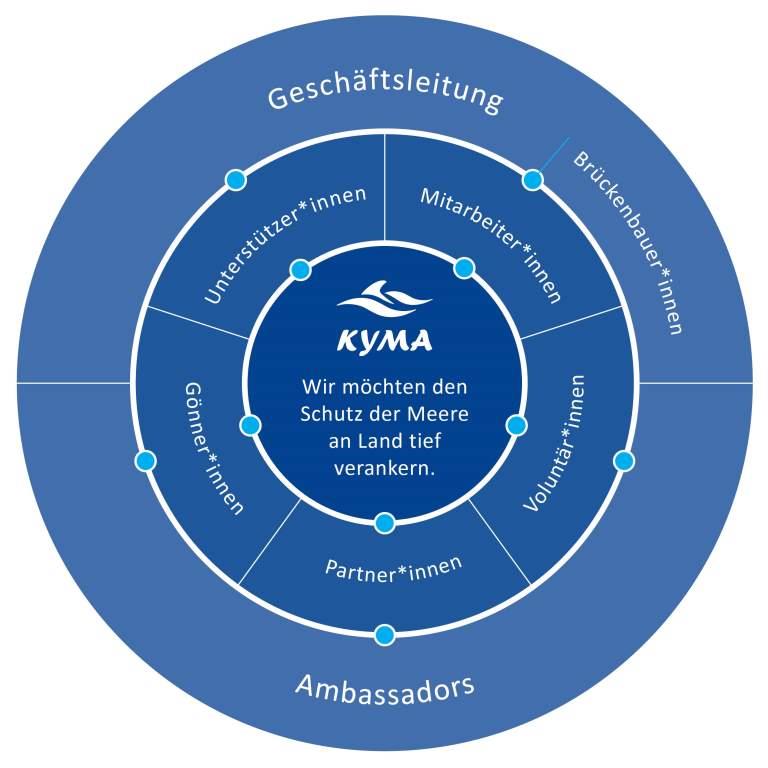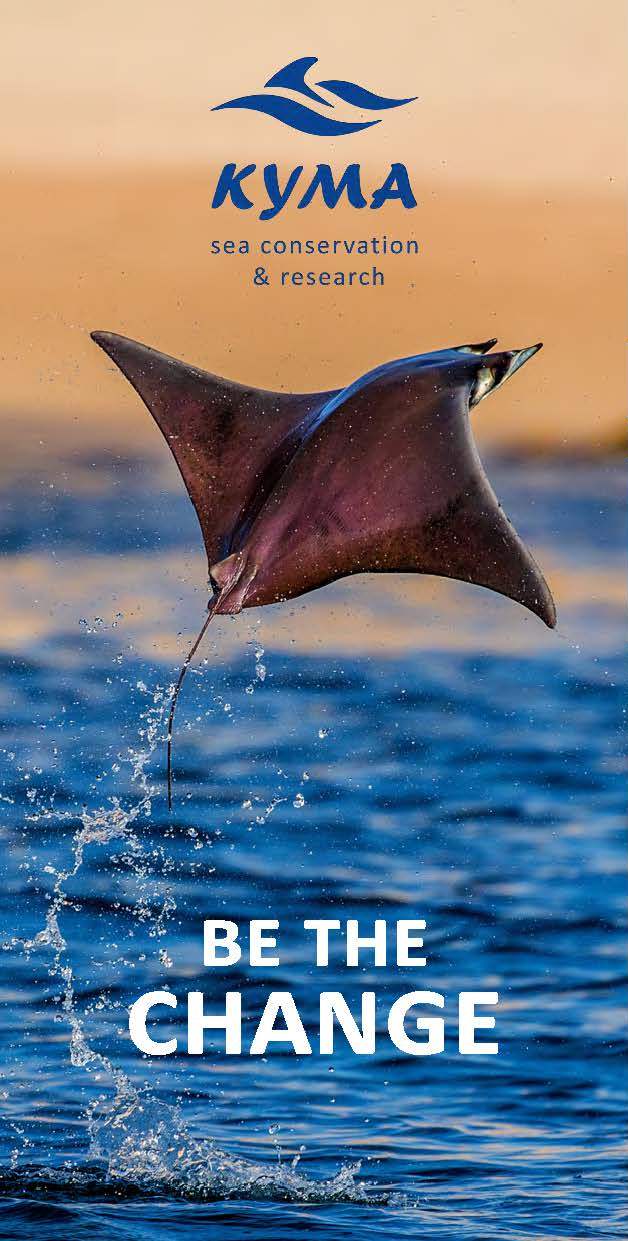

Our association
KYMA sea conservation & research is committed to protecting life in the oceans.
We identify ecological relationships, networks and communicate consumer and value attitudes in order to deeply anchor a mindset of protecting our seas in us land beings.
“κύμα” (kýma) comes from the Greek language and means wave. It lies at the core of our young organization KYMA sea conservation & research. We want to motivate people to think about how we interact with and how we influence animals and nature, to inspire the desire to act, to generate knowledge about marine animals and to implement conservation projects.
Vision
KYMA sea conservation & research unites innovative people from various disciplines such as science, media, ethics and communications who work together to protect the ecology of the oceans. KYMA is also a think tank to advance the huge challenge of protecting the oceans in the 21st century with creative and concrete means. These include projects and informing the public. KYMA also invites interested parties to contribute their smart ideas for projects or theses and provides support to help advance them.
Statutes
Our statutes (in German) form the basic order of the association and the rules to which members and the board must adhere.
Cooperations and support: ethical funding guidelines
It is important to us that we are independent and that our values and our association’s purpose are consistently implemented. That is why we have drawn up ethical funding guidelines (in German) for cooperations and support.
1% for the Planet
The KYMA sea conservation & research association is a recognized environmental partner of 1% for the Planet. This internationally active network brings together companies that have committed to donating one percent of their turnover to environmental protection.
Organizational model: KYMA goes Orbit

At the core of KYMA is our purpose, our raison d‘être and our aim: we want to motivate people to think about how we interact with and how we influence animals and nature, to inspire the desire to act, to generate knowledge about marine animals and to implement conservation projects. KYMA sea conservation & research identifies ecological relationships, networks and communicates consumer and value attitudes in order to deeply anchor a mindset of protecting our seas in us land beings.
Our employees are not in a hierarchy: they all rank at the same level and all act in the same circle as the managers. Operational decisions are made decentrally, cross-functionally and, whenever possible, self-organized. Why do the employees work for KYMA? Because for them the purpose is absolutely central, they identify with it and live it themselves.
Our supporters should rally around our purpose, because it is attractive and supportable for them and they carry it with them to the outside world.
Managers are not separated from partners. They are visible, approachable and the cooperation is always on an equal footing.
Partners: We are in constant exchange with our partners, we share our ideas and cooperate with other companies and startups. KYMA strives to establish digital labs, innovation hubs, etc. in cooperation with partners.
Bridge Builders close gaps, create interdisciplinary connections, also between internal and external. They create connections to volunteers, benefactors, influencers, opinion leaders and stay in exchange.
Executive Board: Does not symbolize the top, but the foundation, and provides the necessary stability. It is responsible for the (transformation) strategy and is committed to it. It acts as a link with the public and is a bridge builder towards the future.
Ambassadors share our passion for our purpose, represent it to the outside world and make use of their broad network. Our Ambassadors are very important Bridge Builders for us.
The KYMA dynamic: Circles are a typical feature of decentralized organizations. They also need dynamics. They get this by connecting with each other. In this way, KYMA creates a system in which aspects of renewal can be initiated by everyone at any time. Respect and appreciation are central to this.

